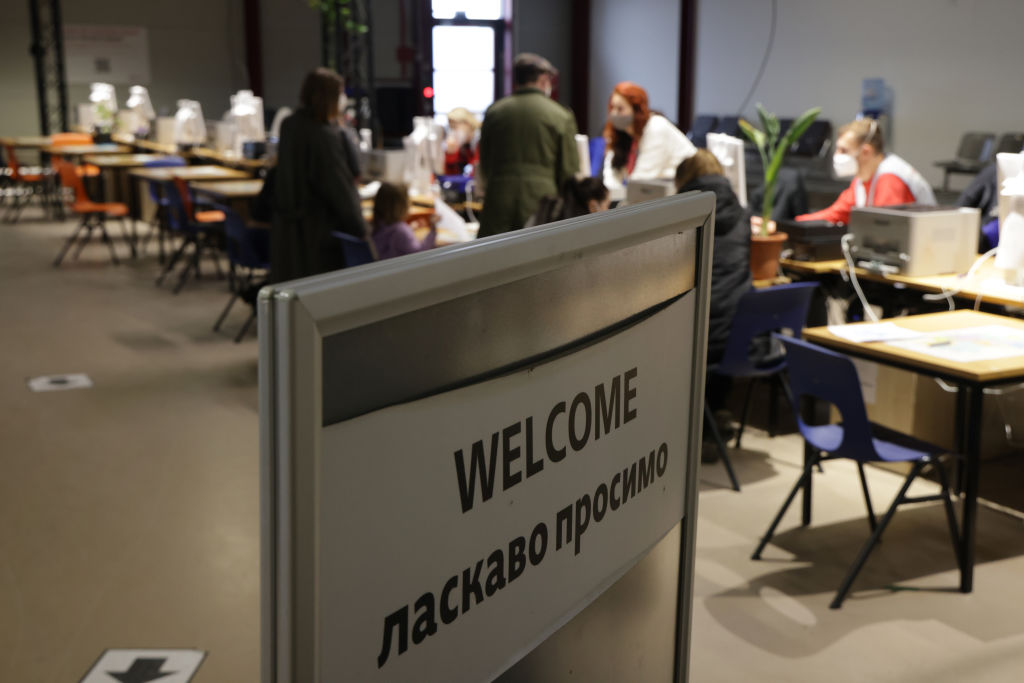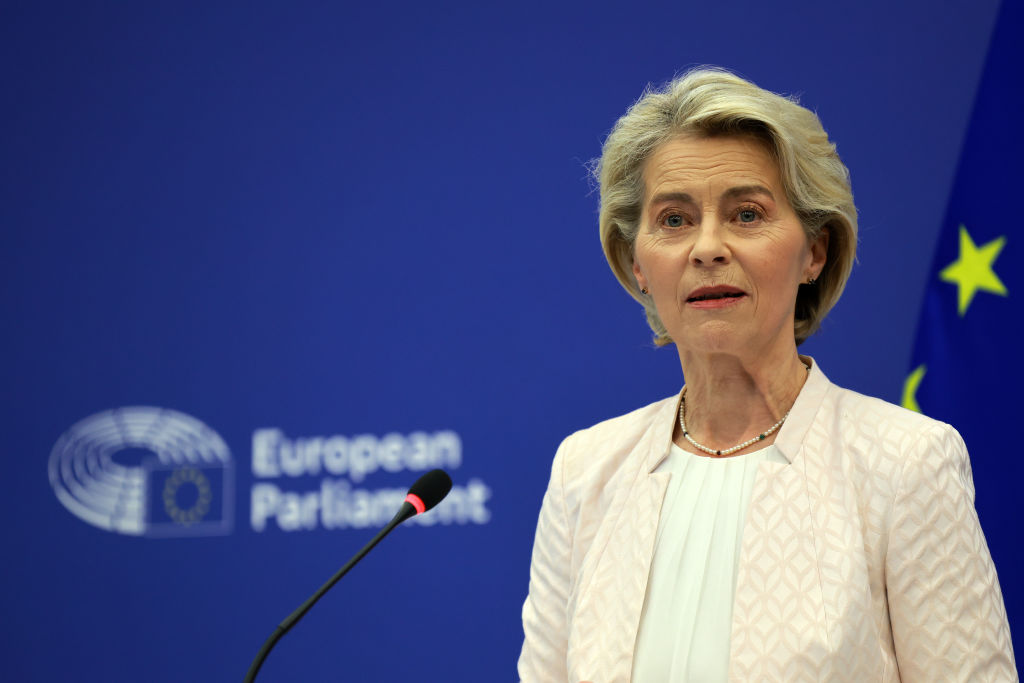The European Consumer Organisation (BEUC) and 22 other organisations across Europe have accused the world’s biggest video-games companies of misleading gamers into spending money.
The consumer groups have filled a complaint against Epic Games, Electronic Arts and Roblox plus four others companies with the European Commission and the European Network of Consumer Authorities.
According to them, those companies have breached European Union consumer protection laws by “purposefully tricking consumers” into overspending. It is claimed that consumers, especially children, cannot see the real cost of digital items.
The Norwegian Consumer Council has said that with the introduction of premium virtual currencies, video game companies have essentially been able to design in-game monetary systems where they set all the terms, where they can change the values at any time, and the consumer has no property rights.
Agustín Reyna, director general of BEUC, said: “The online world brings new challenges for consumer protection, and it shouldn’t be a place where companies bend the rules to increase profits. BEUC’s members have identified numerous cases where gamers are misled into spending money.
“Today, premium in-game currencies are purposefully tricking consumers and take a big toll on children. Companies are well aware of children’s vulnerability and use tricks to lure younger consumers into spending more,” he added.
According to the BEUC, children are the most vulnerable target group. “Data shows that children in Europe are spending on average €39 per month on in-game purchases. While they are among the ones playing the most, they have limited financial literacy and are easily swayed by virtual currencies,” the group said.
Epic Game representative Video Games Europe told Brussels Signal: “The purchase of in-game currencies is a well-established practice, and well understood by players.
“Video Games Europe and its members support and promote fair and transparent principles for purchases of in-game content, including for in-game currency.”
To protect children, Video Games Europe insisted that its members had put in place parental tools that include the ability to manage purchases, such as blocking and setting limits.
“The separation of any financial transaction from the in-game environment has been a key principle for many years for consumer protection reasons,” they told Brussels Signal.
They also argue that 95 per cent of parents supervise children’s spending while acknowledging that protecting children is a “shared responsibility” between the industry and parental authorities.
Nevertheless, according to the EU consumers groups, the video-games sector generated more revenue from in-game purchases than the cinema and music industries combined.
“Over the past years, video-game companies have evolved business models that rely more and more on in-game purchases, including in-game currency,” they said and called for further regulation of the sector.





